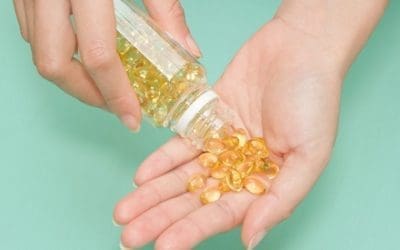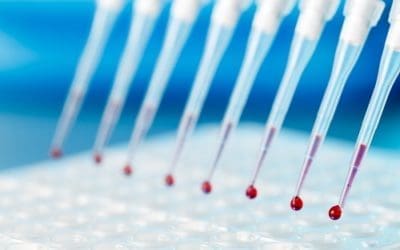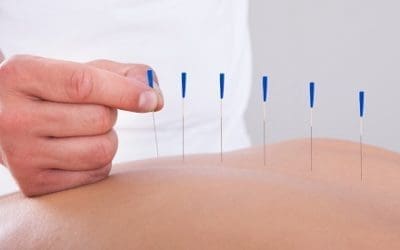This study aimed to gather and analyze the physical, psycho-social and informational needs of young women with breast cancer (YWBC) at the Juravinski Regional Cancer Centre. Participants attended either a focus group or interview that was moderated by following a...
Funded Projects
Identification of a Triple Negative Breast Cancer
Triple negative (TN) breast cancer (estrogen receptor negative, progesterone receptor negative, and Her2 neu not overexpressed) is often more aggressive than other forms of breast cancer. It is also more common in women of African Ancestry (WAA). Our lab has been...
Vitamin D and Melatonin: A Clinical Trial
Much has been written about the potential to prevent cancer. Apart from stopping cigarette smoking and avoiding excess sun exposure, there is limited evidence to support other forms of cancer prevention. There have been some studies that suggest the potential for...
CD200 in Human Breast Cancer
It has been recognized that an established tumor is able to shut down immune rejection cells so they cannot work. A glycoprotein called CD200 appears to be very important in this shut down process. CD200 suppresses NK cells, promotes the generation of regulatory T...
Cardiac Biomarker Study
Doxorubicin is a chemotherapy drug used commonly in women who have undergone surgery for breast cancer to prevent recurrent cancer. Although it is a very effective agent in fighting breast cancer, it can cause permanent damage to the muscle of the heart. Approximately...
Acupuncture-like Stimulation
The study was completed. 71 eligible subjects with a median age of 52 (range: 40-87) were randomized to ALTENS (n=35) and control (n=36). At 12 weeks, there were 11 (31.4%) responders in the ALTENS arm versus 2 (5.5%) in the control (p=0.012). The results at 24 weeks...





